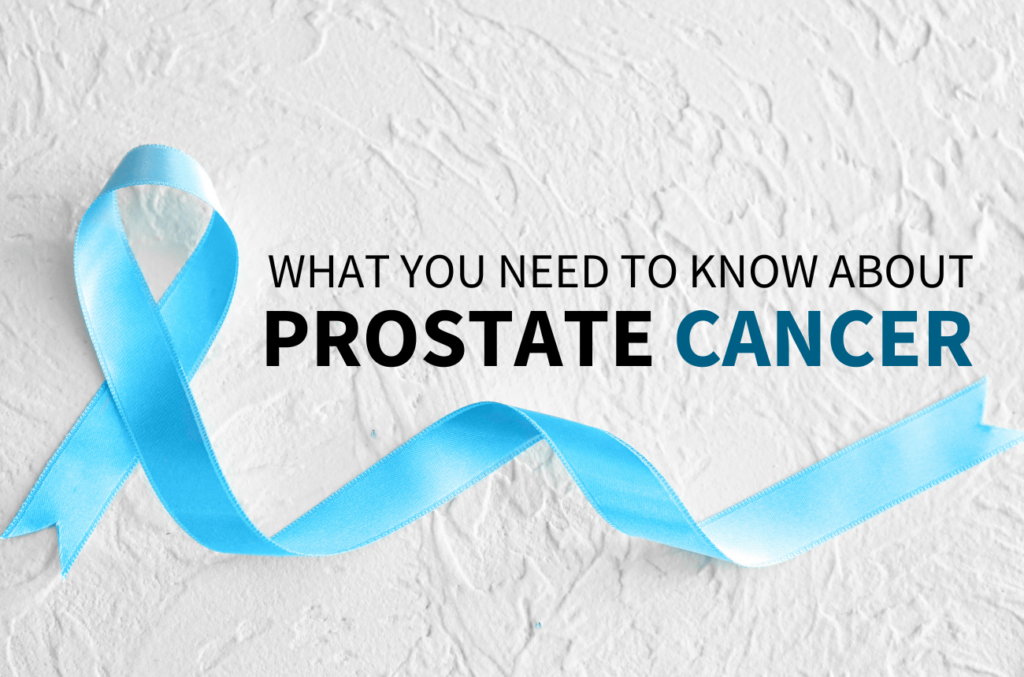Prostate cancer is a major public health concern globally, but in Ghana, it poses an especially grave threat. According to recent data, 82% of men diagnosed with prostate cancer in Ghana die annually—a mortality rate significantly higher than in countries like the United States and the United Kingdom, where survival rates are much better due to early detection and treatment
What Is Prostate Cancer?
Prostate cancer occurs in the prostate—a small, walnut-shaped gland in men that produces seminal fluid. It is the second most common cancer in men worldwide and the fourth most common cancer overall, with an estimated 1.4 million cases and over 375,000 deaths recorded globally in 2020
Why Is It So Deadly in Ghana?
The high mortality rate in Ghana is largely due to late diagnosis. Many men do not undergo regular screening, and by the time symptoms appear, the cancer is often in an advanced stage. In contrast, countries with lower mortality rates have robust screening programs that catch the disease early when it is most treatable
Symptoms to Watch For
In its early stages, prostate cancer may not cause noticeable symptoms. However, as it progresses, men may experience:
- Difficulty urinating
- Weak or interrupted urine flow
- Blood in urine or semen
- Pain in the back, hips, or pelvis
- Unexplained weight loss
- Erectile dysfunction
These symptoms can also be caused by other conditions, so it’s important to consult a doctor for proper diagnosis.
Who Is at Risk?
Certain groups are at higher risk of developing prostate cancer:
- African men, including Ghanaians, are more likely to develop aggressive forms of the disease.
- Men over 50 are at increased risk.
- Family history of prostate cancer also raises the risk.
The Importance of Screening
Experts recommend that men, especially those at higher risk, begin annual screenings at age 40. Two common screening methods are:
- Prostate-Specific Antigen (PSA) Test: Measures the level of PSA in the blood.
- Digital Rectal Exam (DRE): A physical examination of the prostate.
Early detection through these methods can significantly improve survival rates.
Prevention and Lifestyle Tips
While there is no guaranteed way to prevent prostate cancer, certain lifestyle choices can reduce the risk:
- Eat a healthy diet rich in fruits, vegetables, and whole grains.
- Exercise regularly to maintain a healthy weight.
- Avoid smoking and limit alcohol consumption.
- Get regular check-ups, especially if you are over 40 or have a family history of the disease.
A Call to Action
Prostate cancer does not discriminate—it affects men from all walks of life. As Dr. Bernard Toboh of Korle-Bu Teaching Hospital aptly put it, the disease “has no respect for persons”. It is crucial for men to take charge of their health, and for families and communities to support awareness and screening efforts.
Let’s break the silence around prostate cancer. Talk to your doctor. Get screened. Save a life—maybe your own.


Comments (0)
Leave a Comment
No comments yet. Be the first to share your thoughts!